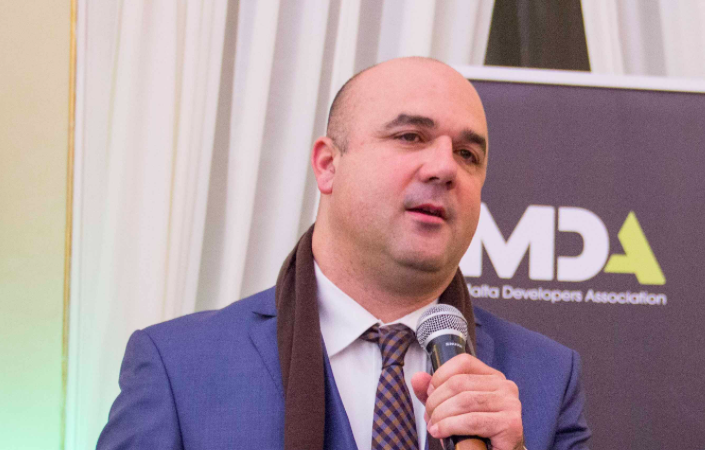Developers’ association chief Sandro Chetcuti’s recent proposal to increase rent thresholds for wealthy foreigners who buy Maltese citizenship (Individual Investor Programme) raised a few eyebrows.
But in comments to The Shift News he stressed that this would ultimately benefit people seeking affordable rentals. Pointing out that 81 per cent of those granted Maltese citizenship have opted to rent property rather than buy Chetcuti said new Maltese citizens were paying some €1,300 a month on average.
“With such a low threshold these wealthy foreigners are tapping into the affordable rental market,” the Malta Developers Association (MDA) chief said adding that this has led to property owners increasing their prices to the detriment of people seeking affordable rentals.
Applicants are required to make an investment in property of at least €350,000 or enter a property rental contract for at least €16,000 per year for five years.
Asked whether increasing the threshold for IIP applicants would raise the prices of lower-end rentals, Chetcuti replied in the negative, saying that increasing the threshold would direct applicants into a different bracket in the property rental market and as a result prices for properties below the €1,500 bracket will fall.
“The threshold should at least rise to €2,500 and this would see applicants going for farmhouses, houses of character, semi-detached properties and townhouses rather than apartments.”
A KPMG report commissioned by the Malta Developers Association concluded that the increase in the price of housing is largely due to the ever-increasing number of foreigners residing in Malta.
The average rental prices in Malta have risen by roughly 47 per cent between 2013 and 2016 while the price of properties for sale rose by an average of 24 per cent between 2013 and 2016, with the average apartment costing around €228,000.
Pointing out that the properties for rent at €2,500 a month and more are struggling, Chetcuti said that IIP applicants should be going for higher-end properties such as renovated houses in village cores and urban conservation areas.
One major distortion in Maltese property market is being created by the cash-for-passports scheme which obliges the global rich to buy or rent property in Malta.
But Chetcuti said the property and construction industry, and the country, are benefitting from the scheme and this should be renewed.
“However we need to look at improving it,” he said, adding that more enforcement should be in place to ensure that new Maltese citizens are living in Malta as this is a value added to the country.
Chetcuti said the industry is pleased with the current economic surge, but underlined the importance of sustainability.
“We need long-term planning and long-term growth. If growth stalls suddenly the whole country will suffer, therefore growth must be sustainable,” Chetcuti said.
On the creation of the new section for real estate agents within MDA, Chetcuti said the principle aim was that of regularising the sector.
He said new players on the real estate market had driven prices up and he stressed the need for a code of ethics and some form of certification in the sector.













